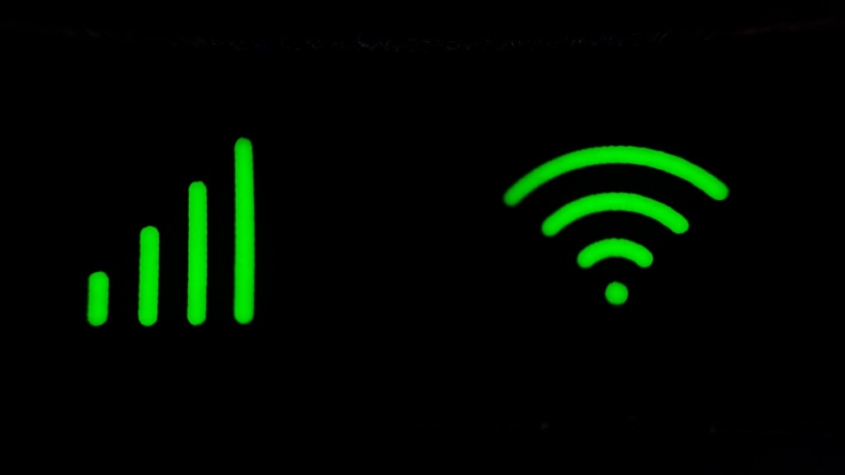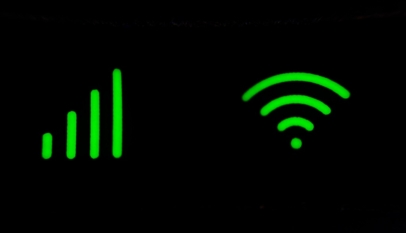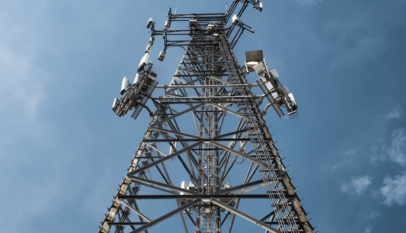
5G vs. Wi-Fi: How they’re different
Although 5G and WiFi have been pitted against each other, both will be necessary for us to utilize the internet of the future. While 5G will undoubtedly be useful in many circumstances, WiFi, which is still being developed and updated, will be useful in others. And, as with 5G home internet, they may collaborate to improve your wireless network.
How 5G Works
5G is an umbrella term for the fifth generation of cellular network technology, including many components. Cellular networks are based on licensed spectrum bands auctioned off to the highest bidder.
Carriers must build a network of connected base stations capable of sending out a strong enough signal to serve multiple people simultaneously to roll out coverage. They depend on customers making subscription payments to recover their investment and further develop the network infrastructure.
How WiFi Functions
WiFi operates on an unlicensed spectrum that’s open to the public but has a low signal strength. We pay an internet service provider (ISP) to deliver internet to our door, and then we use a router to fill our home with WiFi. Using the same WiFi frequency band as your neighbors can be problematic, particularly if you live in a region with little available bandwidth and a high population density.
WiFi operates on two frequencies: 2.4GHz and 5GHz. In layperson’s terms, 2.4GHz has a lower potential top speed but penetrates better, giving it a more extended range. In comparison, 5GHz can deliver faster speeds but doesn’t penetrate things like walls.
It’s important to note that 5GHz WiFi has nothing to do with 5G mobile networks.
What’s the Difference Between 5G and WiFi?
In our daily lives, most of us rely on a WiFi network at home, at work, in coffee shops, and on mobile networks when we leave the house and move out of range of the router. Our phones switch automatically, and we don’t think about it.The important thing is always to have a good connection. This scenario will apply to most people as 5G continues to roll out. The distinction is that WiFi and mobile networks will both experience increased performance.
Internet Connectivity in The Future
As more routers include WiFi 6 and more cell towers broadcast 5G networks, our internet speeds will improve, both at home and on the go. More technologies, as well as 5G smartphones, will emerge. With 4G’s technological innovations, such as mobile streaming and online gaming, a variety of new use cases will be made possible by 5G speed.











